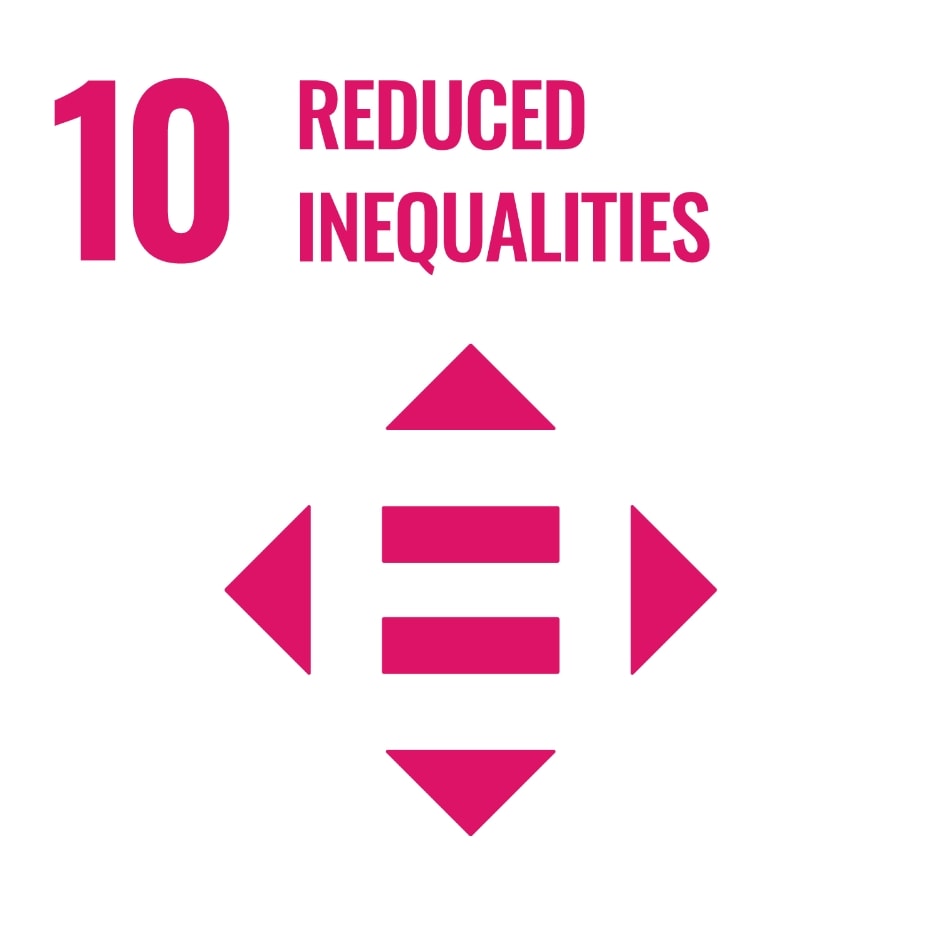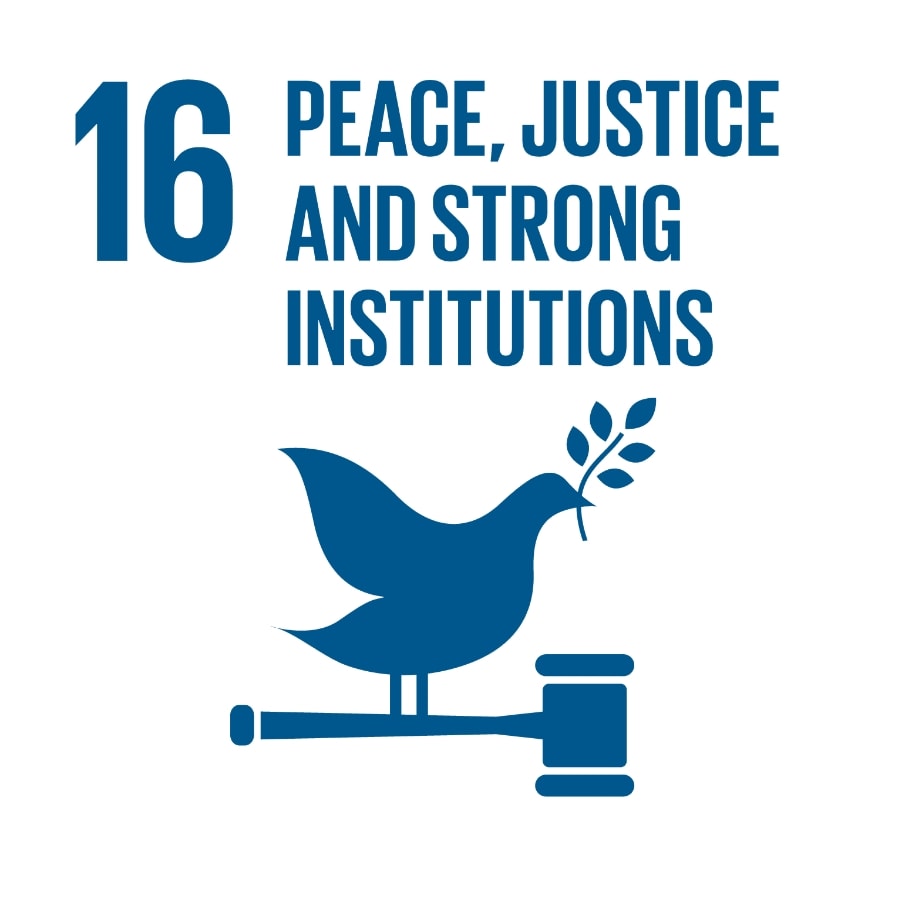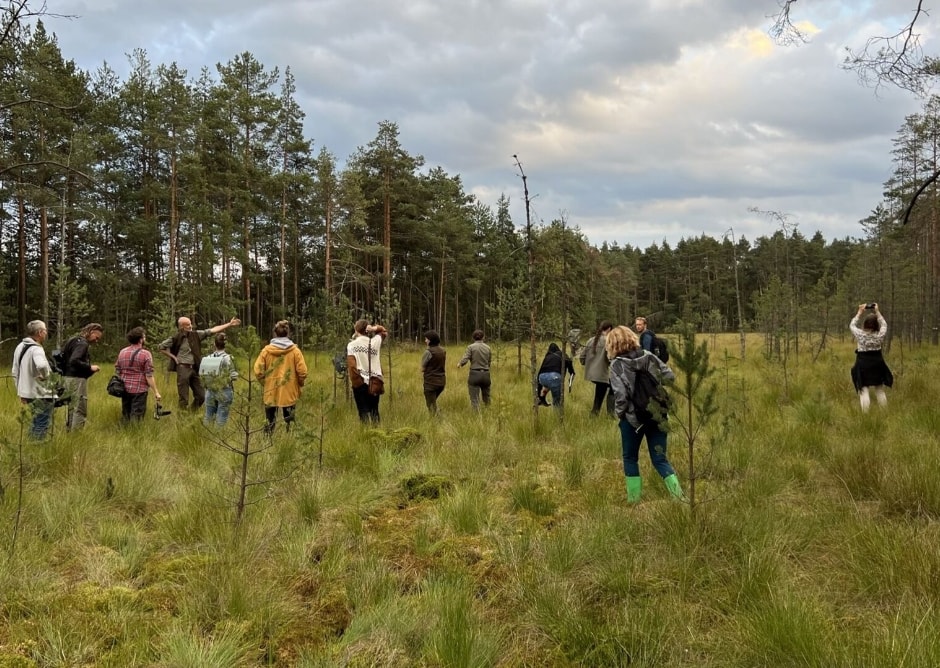The challenge
2022 was heavily marked by the Russian invasion of Ukraine, which has impacted lives and societies in unimaginable ways in Europe and beyond. The number of refugees in Europe more than doubled compared to 2021, leaving the region with unprecedented socio-economic challenges.
The war in Ukraine has also amplified existing inequalities and vulnerabilities across Europe. Girls and women, people of Roma origin, the LGBTI community and people with disabilities are among the groups that find themselves particularly vulnerable to exclusion in this context.
These challenges have demonstrated the importance of creating a more just and resilient Europe – and that starts with inclusion.
The Grants’ approach
Through the EEA and Norway Grants, Iceland, Liechtenstein and Norway are committed to contributing to a more inclusive Europe.
The funding supports the Beneficiary States in facing up to society’s most challenging issues. With the EEA and Norway Grants, the Beneficiary States are building inclusive public institutions and strengthening civil society organisations, fostering dignified living conditions, and promoting climate action, fighting discrimination and advocating for decent jobs and an active civic space. These are just a few examples of activities enabled by Iceland, Liechtenstein and Norway’s contributions.
The EEA and Norway Grants are based on the shared European values of respect for human dignity, freedom, democracy, equality, the rule of law and respect for human rights. Making sure that younger generations are better equipped for the future, that vulnerable groups are empowered, and that institutions are just and transparent, are fundamental drivers of the Grants’ programmes.











